We are always worried about the future of our children and always try to make the best decisions for them. However, what we might not have known until now is that children should be given space to play and explore on their own. Surprisingly, play can promote our children's mental health.
Bright Side has always been an advocate when it comes to promoting our children's mental health and we've come up with 7 facts on how a lack play can influence them.
The less children play, the more they are influenced by others.
In their everyday lives, children are constantly being exposed to other people’s judgment and this can prevent them from exploring the world on their own. As a result, children may reduce their play time to work for praise in order to please others and be rewarded instead. Less play time on their own will mean more influence coming from others which makes them very easy to manipulate. Consequently, children will feel more anxious as they will start working more intensively for approval instead of spending their time playing freely.
Less play makes children lose their sense of personal control.
In the case of children, their very first sense of personal control happens through play, as they can start to control their first interactions with their surroundings. The less children play, the less independent they are when they try to control their actions. If children do not learn this, they will start lacking personal control which can lead them to depression.
ADVERTISEMENT
ADVERTISEMENT
Less play causes less emotional control.
Children gain and lose control during play time, this encourages them to start learning about emotions and how to control them. They deal with happiness and unhappiness, the contentment of winning and the fear of losing, and, most importantly, if children are not exposed to these kinds of conditions they may not learn how to deal with pain.
The less time they dedicate to play, the less emotional control they will have. The lack of their emotional control makes them not know how to act when facing fear, which can lead to depression as a result.
Lack of play slows down children’s development.
Different styles of play will develop unique types of personalities. As a result of this, children will develop interests and competencies that are suitable for their kind of personality and lifestyle. They start to understand what they like or dislike, allowing them to make independent decisions regarding their interests.
If children are deprived from playing, they will not be able to work toward their own development as people. Play helps children develop basic competencies that will help them when dealing with challenges. If they don't acquire these competencies they might get anxious and depressed as a result of failing.
ADVERTISEMENT
ADVERTISEMENT
Less play decreases a child's ability to make decisions.
A very positive thing about play is that it is completely controlled by the players themselves. Children are the decision makers when it comes to play and it gives them confidence to start making their first decisions and solving their first problems.
Russian psychologist, Lev Vygotski, says that playing helps children practice self-control when it comes to decision making. All play has rules and the players have to control their actions in order to follow the rules. The less children play, the less they will learn about how to act against impulse and won't gain resistance to the outside world. This resistance is needed in order to promote better mental health as children start rejecting bad situations and start making decisions toward goodness.
Less play in school influences children’s mental health.
ADVERTISEMENT
Nowadays, children spend more time in school than ever before. Our school system is designed in a way that occupies children’s entire schedule with long hours of classes and homework, not allowing them to have much time dedicated to play. Also, our schooling system is designed around grades rather than just learning. Working toward achieving good grades makes children feel constantly anxious.
When in school, children are assigned a physical space which they are not allowed to leave. They must coexist in the same place as others and during this time children are exposed to, for instance, harassment and bullying by other students or teachers. They have no option but to face them, preventing them from playing the way they want to because they are influenced by others. Furthermore, as we all know, bullying often leads to children not wanting to play as much. As a result, they can start developing mental illness disorders that are very hard to overcome.
Adults’ influence on play time
Adults are the primary ones who are responsible for children’s play time, as they can decide if or when they do it or not. Children face adults at home, in school and even on the street, they are everywhere and, as mentioned before, children may act around their judgment. Additionally, adults are responsible for transmitting messages that children internalize, promoting their sociability, which puts a big weight on their shoulders in the decision-making process.
Some adults believe that children can’t get depressed, and the information about this matter is not rising as much as childhood depression itself. They might also not be aware that this rise of childhood depression can be connected to them reducing their child's play time.
Do you see the influence of play on the development of your own children? Please let us know in the comments!
Illustrated by Alena Sofronova and Ekaterina Gapanovich for Bright Side
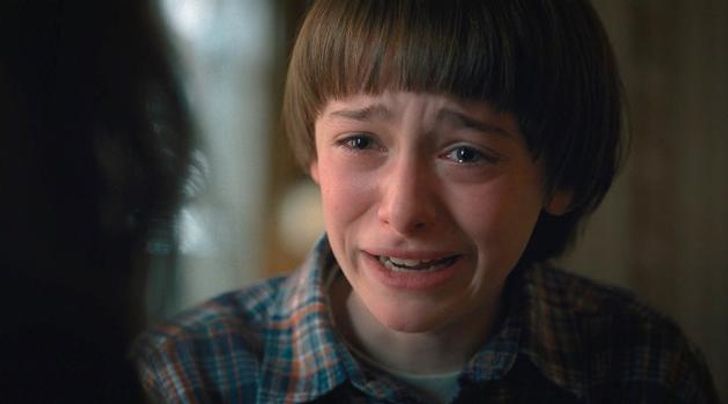
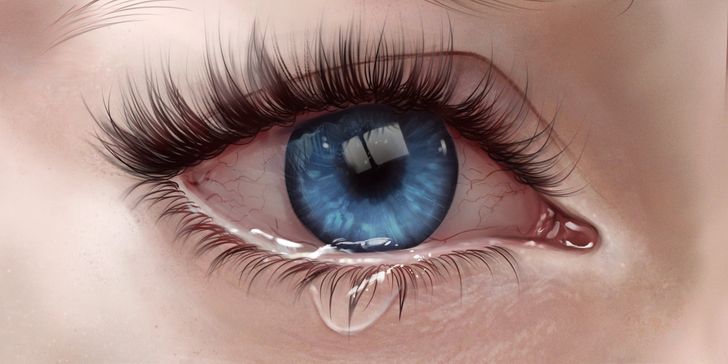
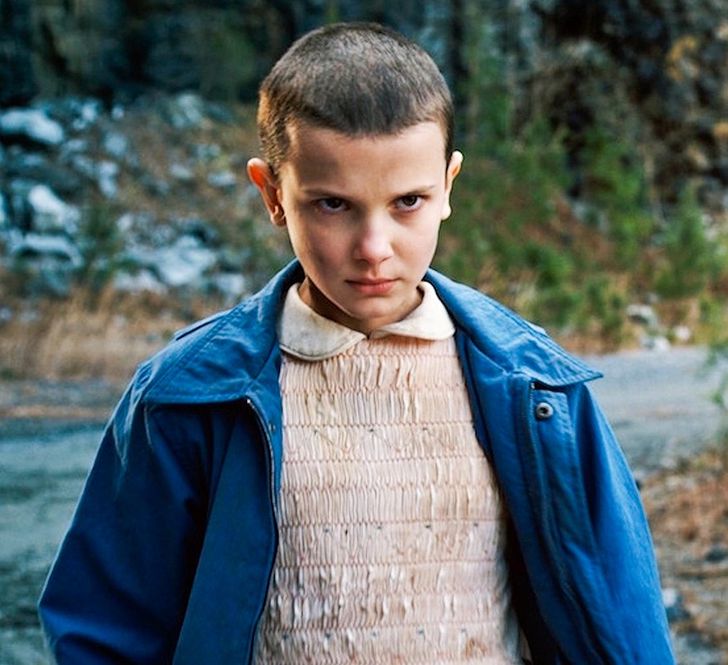
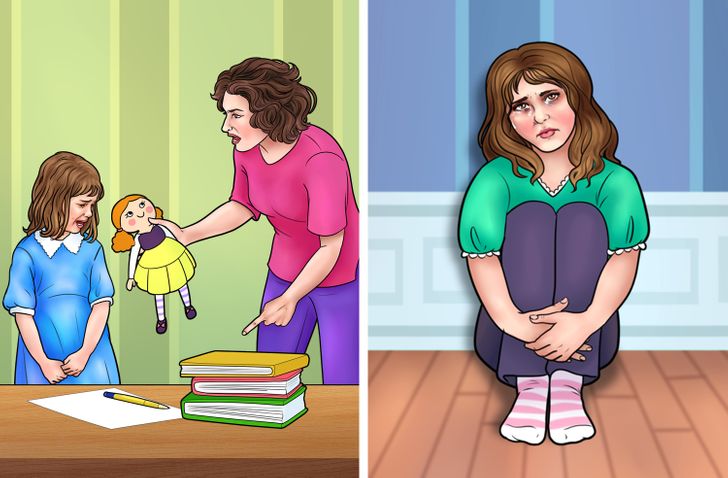
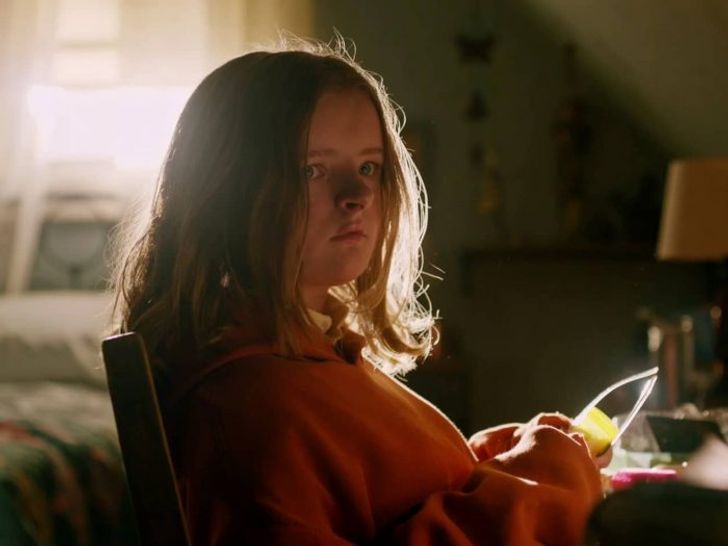
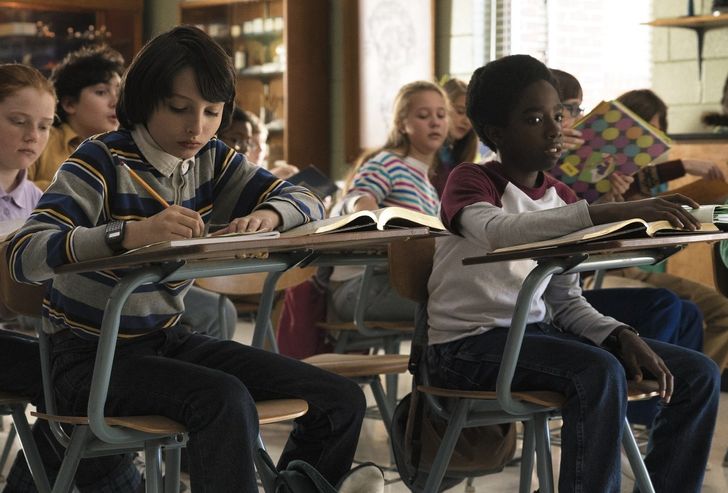
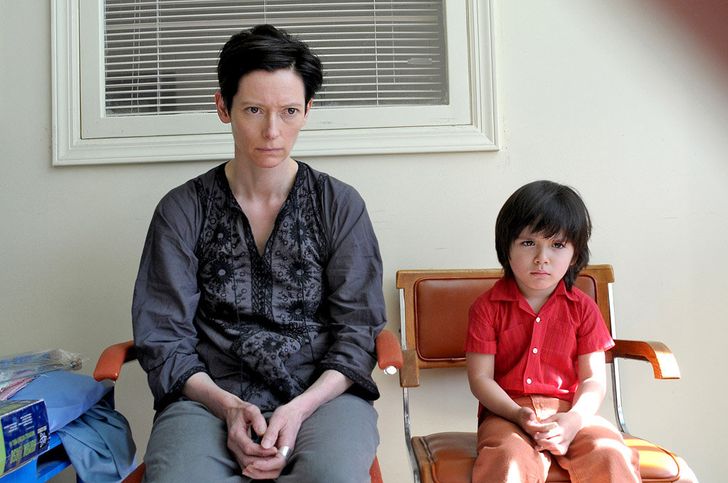
No comments:
Post a Comment
Note: Only a member of this blog may post a comment.